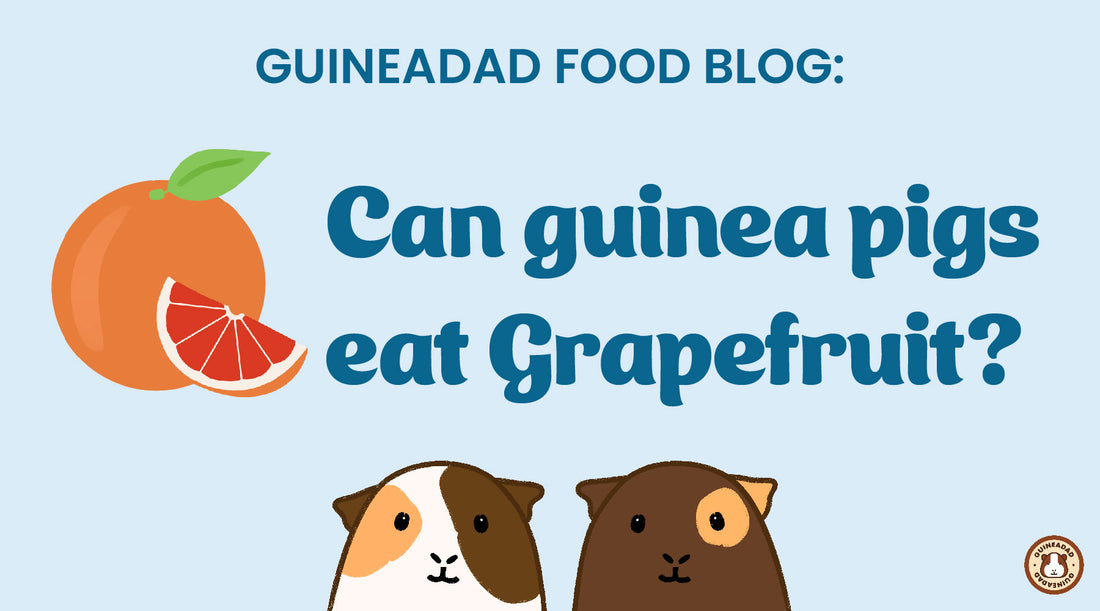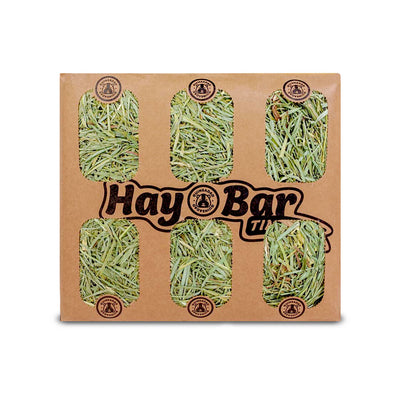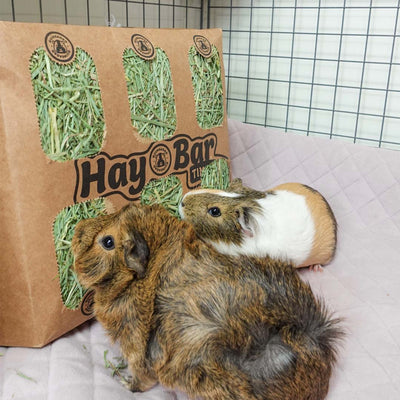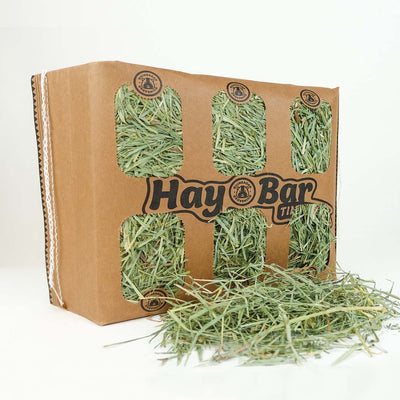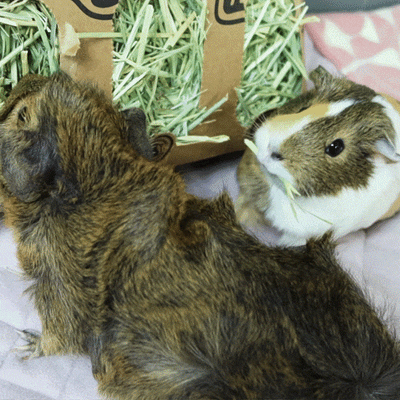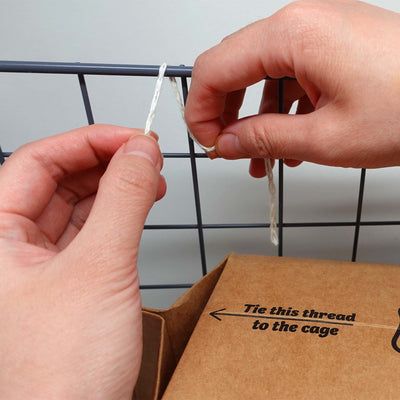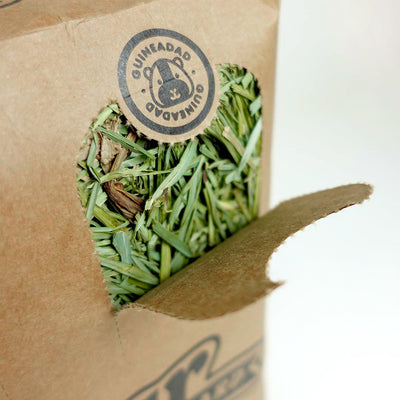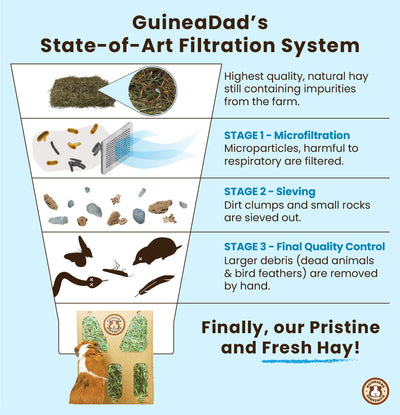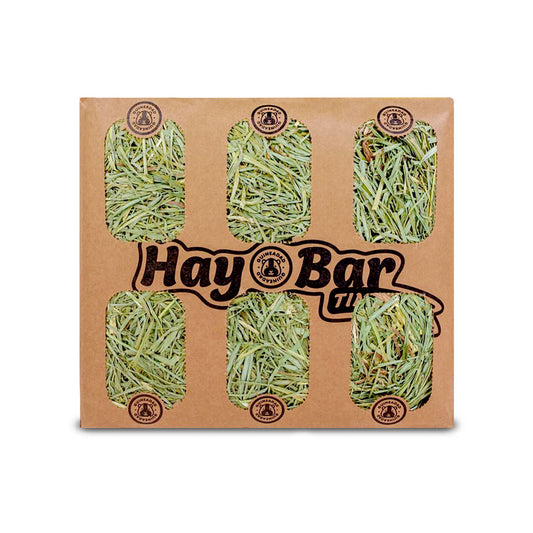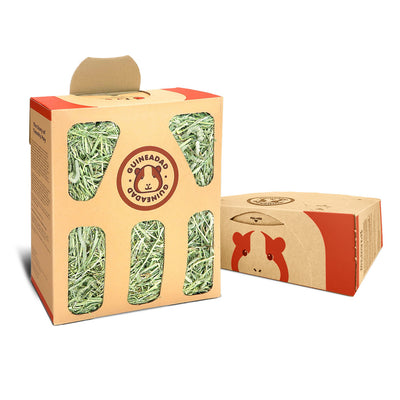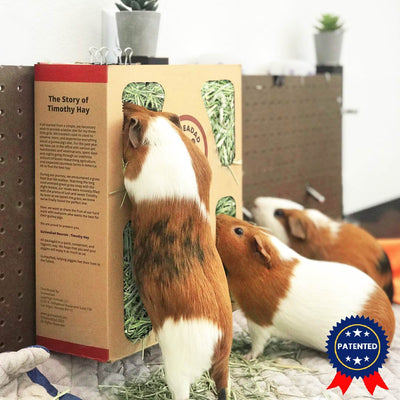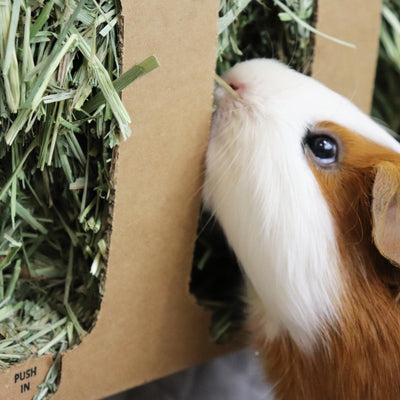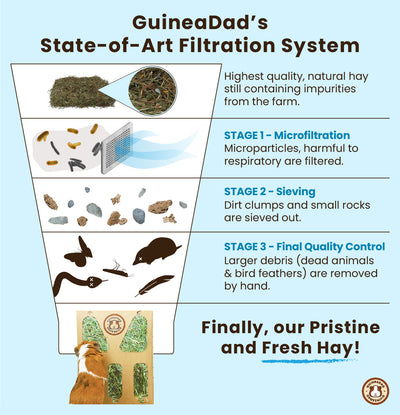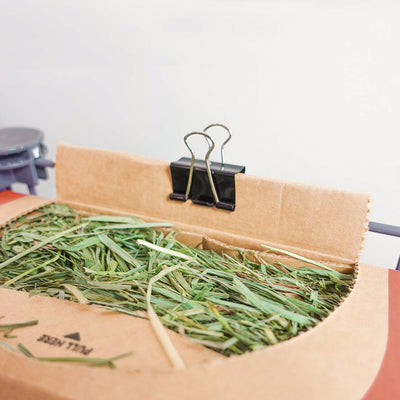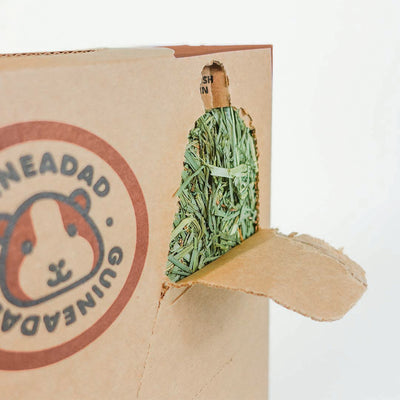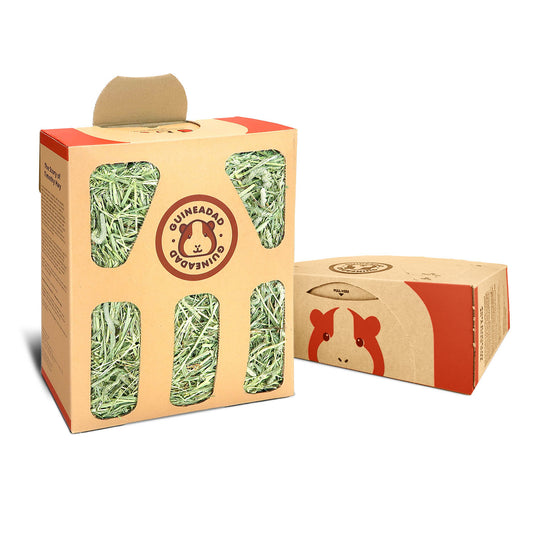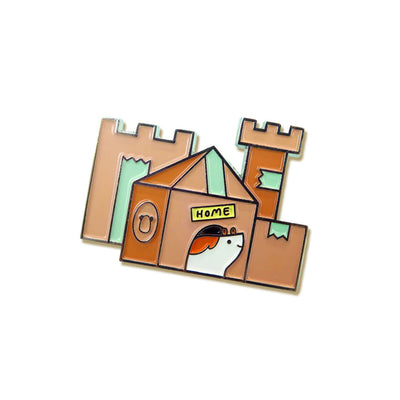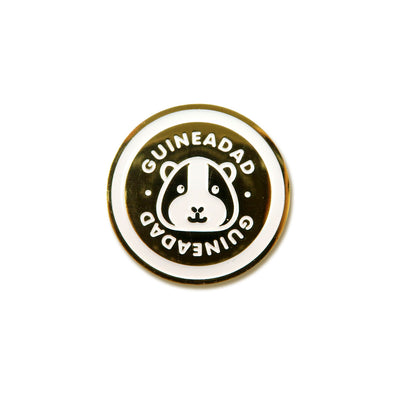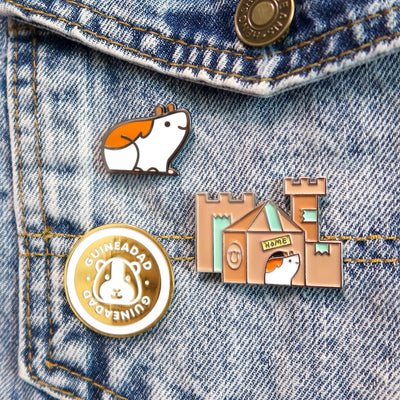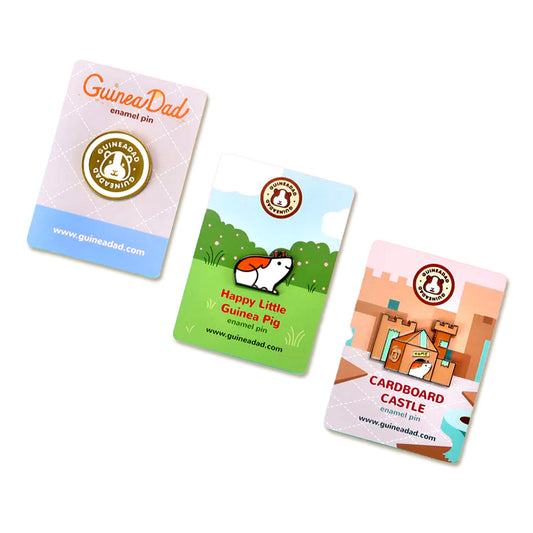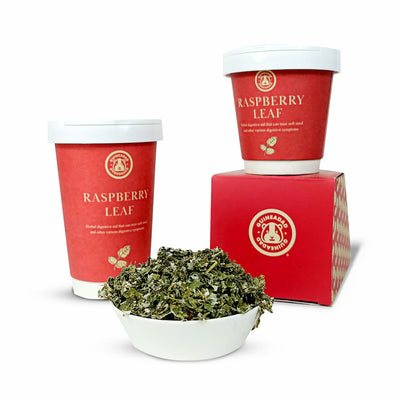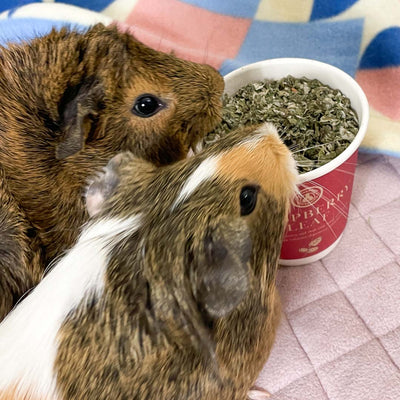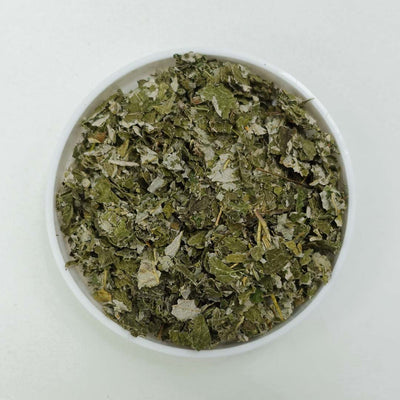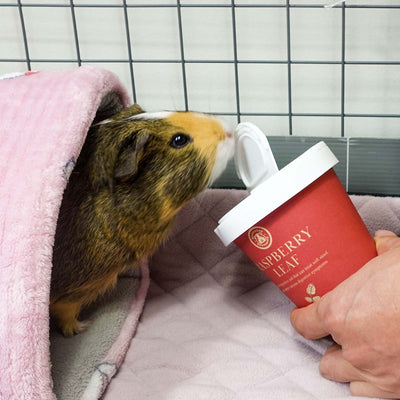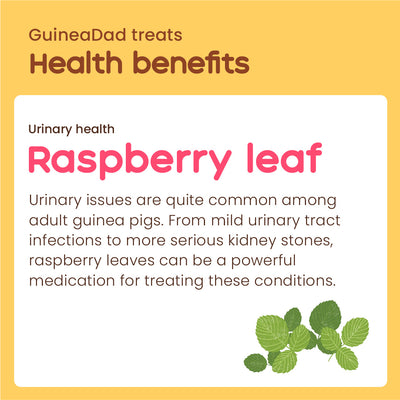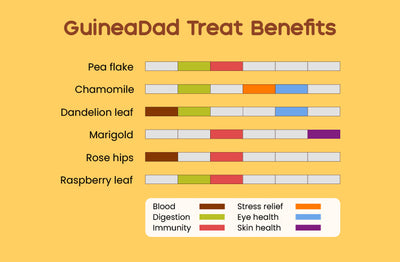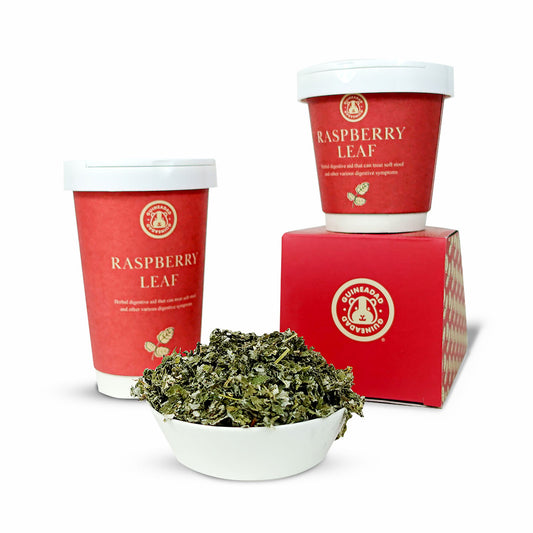Just like with most fruits, guinea pigs can eat grapefruit, but it’s best for them to eat it in moderation. While they’re considered pretty healthy, it’s still important to know all the possible information about positives and negatives to know whether or not this is something you want to introduce into their diet!
We've also got a Fruit Master List that lists common fruits that your piggy can and can't eat!
What vitamins and other nutrients does grapefruit contain?
Vitamin C
This can help with protecting cells against the effects of free radicals, which can damage cells and cause a multitude of health effects, such as diseases, and can even cause premature aging. Vitamin C also aids in iron absorption, which is important because iron helps maintain healthy blood!
In particular, iron aids in the production of proteins that are necessary for oxygen transport throughout the body. With lots of vitamin C, the iron in your guinea pig’s body is able to carry out its purpose. This vitamin also helps with boosting the immune system and equips the body so it can fight off illness and infection!
While it’s important that the immune system is strong enough to prevent these two things in the first place, it’s also important that your guinea pig’s immune system is able to aid with the recovery process if they happen to become sick or catch an infection. There’s 34.4 mg in a 100 g portion of grapefruit.
Calcium
This is important for bone health, whether it’s building and maintaining! While it’s important to feed foods high in calcium to your guinea pigs in moderation, you shouldn’t avoid calcium outright! Certain guinea pigs will need more calcium than others depending on their individual health conditions, as well as their sex and age.
The best way to determine whether your guinea pig needs more or less is by consulting with your veterinarian. Overconsumption of calcium can lead to a range of issues with the urinary tract, whether it’s calcium deposits, or urinary tract infection.
Despite this, calcium in normal amounts is also necessary for regular heart, muscle, and nerve function! Don’t underestimate the importance of the nerves—the brain sends nerve signals throughout your guinea pig’s body in order to form lots of involuntary functions, such as breathing, so it’s vital that the nerves are working well! There is 12 mg in a 100 g portion.
Potassium
This is also useful for muscle and nerve function. Potassium ensures that your guinea pig doesn’t get muscle cramps in the middle of their zoomies! And as we mentioned before, nerve function is so much more important than we realize, and it’s important that our piggies are able to rely on their body to do things unconsciously, whether it’s breathing or otherwise!
It also helps regulate heartbeat and aids in the creation of protein and carbohydrate use. One example of a protein that potassium helps with creating are the proteins that help with oxygen transport throughout the body! There is 139 mg in a 100 g portion of grapefruit.

What other benefits does grapefruit provide for your guinea pig?
Grapefruit supports heart health! It can help reduce the risk of strokes, heart failures, and works to reduce cholesterol levels, and high blood pressure issues. It also helps with making sure your guinea pig has healthy blood flow! Grapefruit is also super water-rich. This means it can help with hydration if your piggy happens to not be drinking enough water on their own.
What are the downsides about grapefruit for guinea pigs?
Just like any citrus, grapefruit is quite acidic, which can lead to your piggy developing painful mouth sores. This is particularly bad because it makes it difficult and uncomfortable for your guinea pig to eat when they’ve got the sores.
There is also the matter of bladder and kidney stones from overfeeding. Grapefruit does contain calcium, and overconsumption can lead to the appearance of calcium deposits in their urine, which can be uncomfortable and painful to pass. They can also get upset stomach from overeating grapefruit as well.
Guinea pigs can eat grapefruit, but do they like it?
It really depends on the guinea pig! The only way you can find out if your piggy will like it is to give them a little bit to try.
How should you go about feeding your guinea pig grapefruit?
It’s good to note that guinea pigs are able to eat the rind as well as the flesh! There’s no need to remove the rind when serving it to them either, just make sure to thoroughly wash it. The safest way to go about this is to feed them grapefruit once or twice a week! A good amount would be one, half-inch cube. Always make sure to remove the seeds, as your piggy can get sick from eating them.

Overall, it is OK to feed your guinea pigs grapefruit!
We already know that it’s best to feed your guinea pig all fruits and vegetables in moderation, because we don’t want to bring any unpleasant side effects and health issues onto our piggies! You also want to make sure to observe how your guinea pig responds to new foods to decide whether or not they're good for them.
What else can guinea pigs eat?
Check out our Fruit Master List for quick facts on common fruits that your guinea pig can and can't eat.


